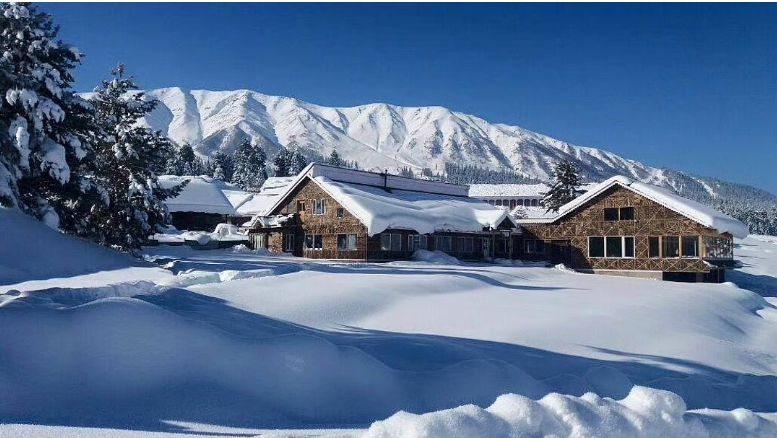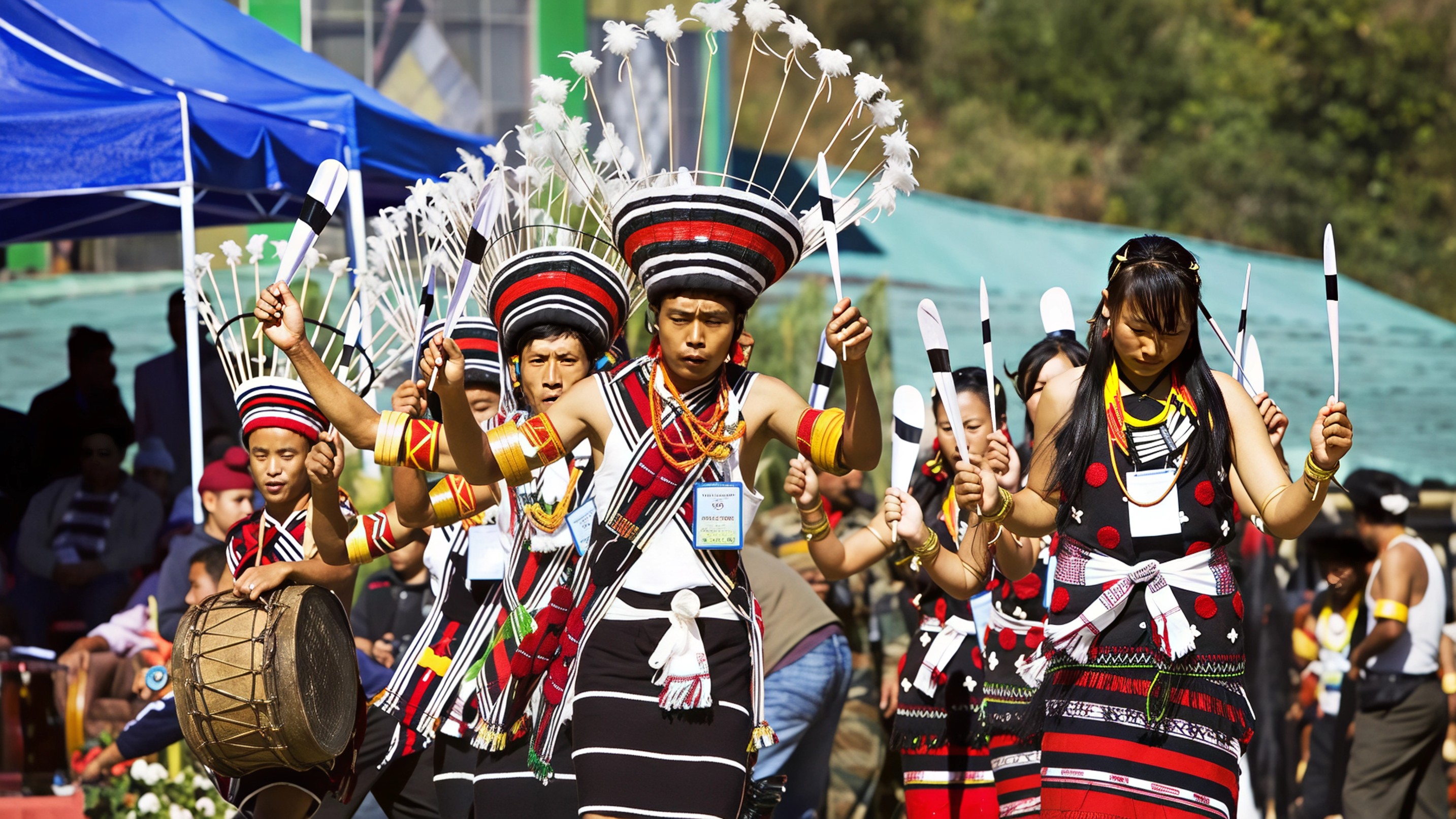In a dramatic turn of events that has shaken Kashmir’s hospitality scene, the 137-year-old Nedous Hotel in Gulmarg has been officially evicted by the Gulmarg Development Authority. Once a symbol of colonial charm and luxury tourism in the Valley, the hotel was built in 1888 and stood as a proud legacy of one of the region’s earliest hospitality pioneers. But that legacy could no longer shield it from legal accountability.
The hotel had continued operations for nearly four decades without a valid lease, despite multiple court rulings ordering eviction. Acting under the Public Premises Eviction Act of Jammu and Kashmir, authorities took peaceful possession of the property this week, marking the closure of an era that once welcomed dignitaries, tourists, and royalty.
What has surprised many is not just the eviction itself, but the extent of alleged land encroachment. While the hotel was originally allotted just over two kanals of land, it had reportedly expanded to nearly 100 kanals without legal permission. That is nearly 12 acres of prime land in Gulmarg’s tourism hub. The courts had ruled against lease renewal as early as 2018, stating that the absence of rent payments since 1990 and the unauthorized expansion invalidated any right to continue operations.
Founded by Michael Adam Nedou, the hotel became a luxurious escape during the colonial period and retained its place in Kashmir's social fabric even after independence.
The Nedou family was later linked to prominent political figures in the region, including former Chief Minister Omar Abdullah. But as the government begins to reclaim and reassign public properties across Jammu and Kashmir, this legacy alone could not prevent the legal consequences.
The eviction also comes after a controversial moment earlier this year when Nedous Hotel hosted a bold fashion shoot by designer duo Shivan and Narresh during Ramzan, which drew widespread backlash. That event had already placed the hotel in the public eye, but the current legal action was based entirely on land use violations and the absence of a valid lease.
There is still no official announcement on what the future holds for the hotel site. However, sources indicate that the government is considering converting it into a heritage hospitality project or a public tourism facility that preserves its historical value while adhering to current regulations. Either way, it is likely to serve as a reminder that even iconic institutions must stay within legal bounds.
For Kashmir’s tourism story, the Nedous Hotel will always be a landmark chapter. But as the state looks forward to new, transparent models of tourism development, it also signals a commitment to accountability and responsible use of public land.
Follow Travel Moves on Instagram and Facebook to stay updated on India’s heritage hotels, legal developments in tourism, and destination news from around the country.








